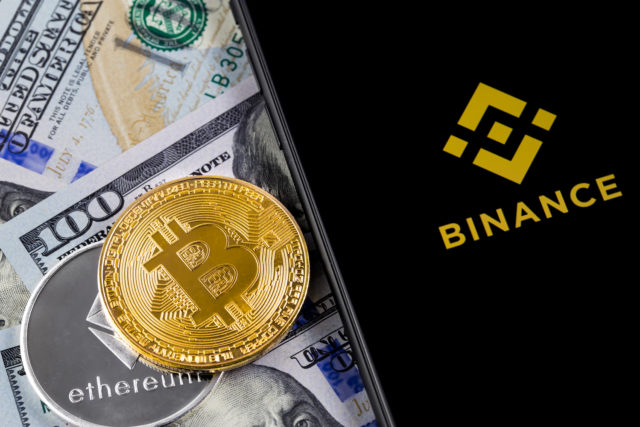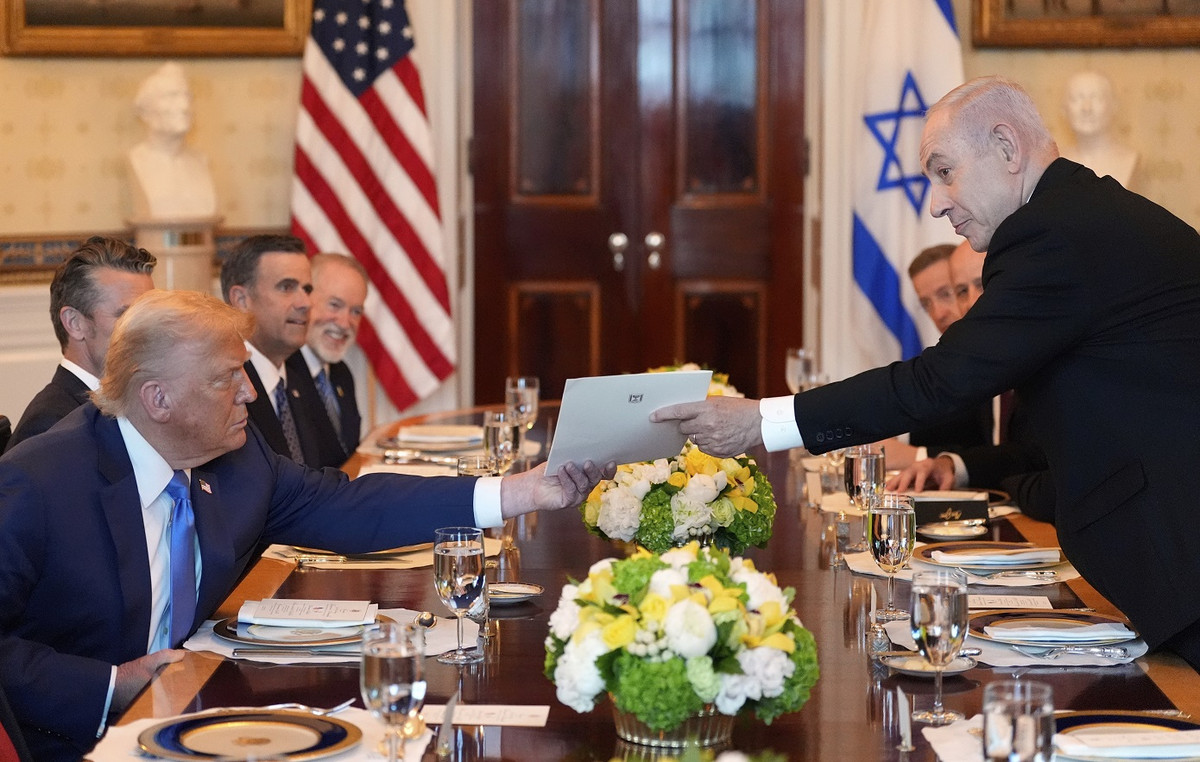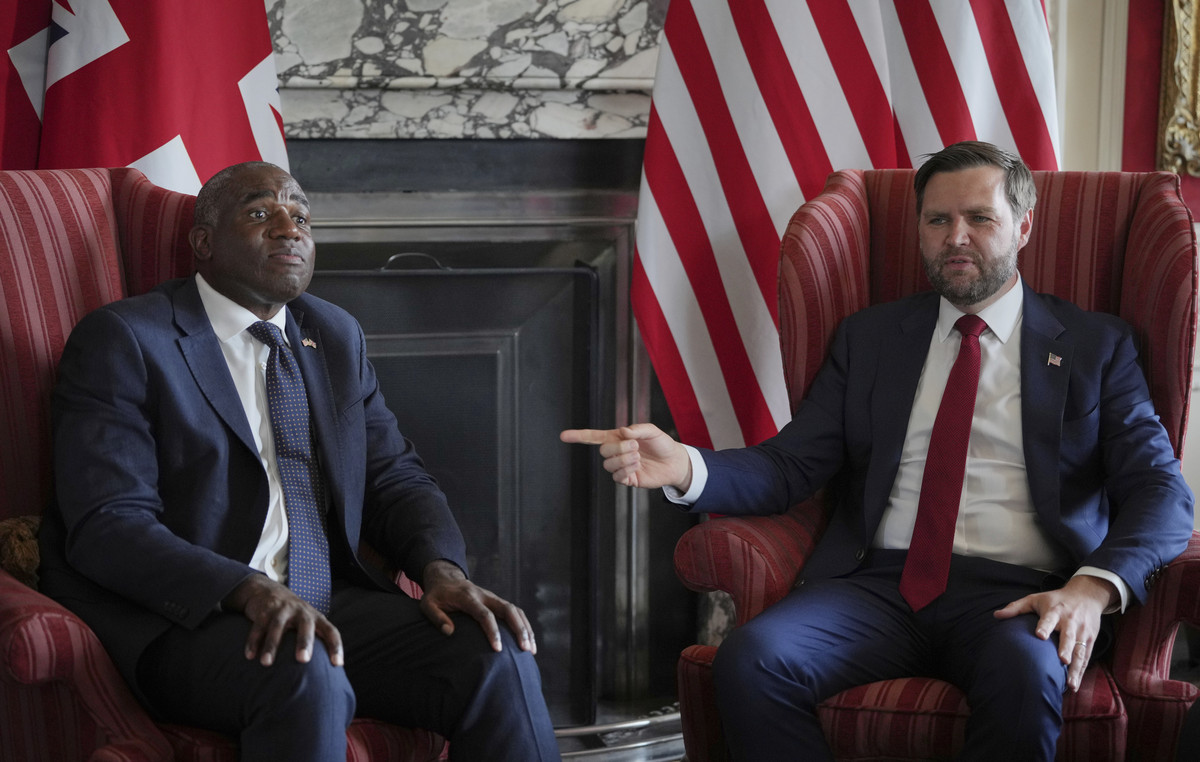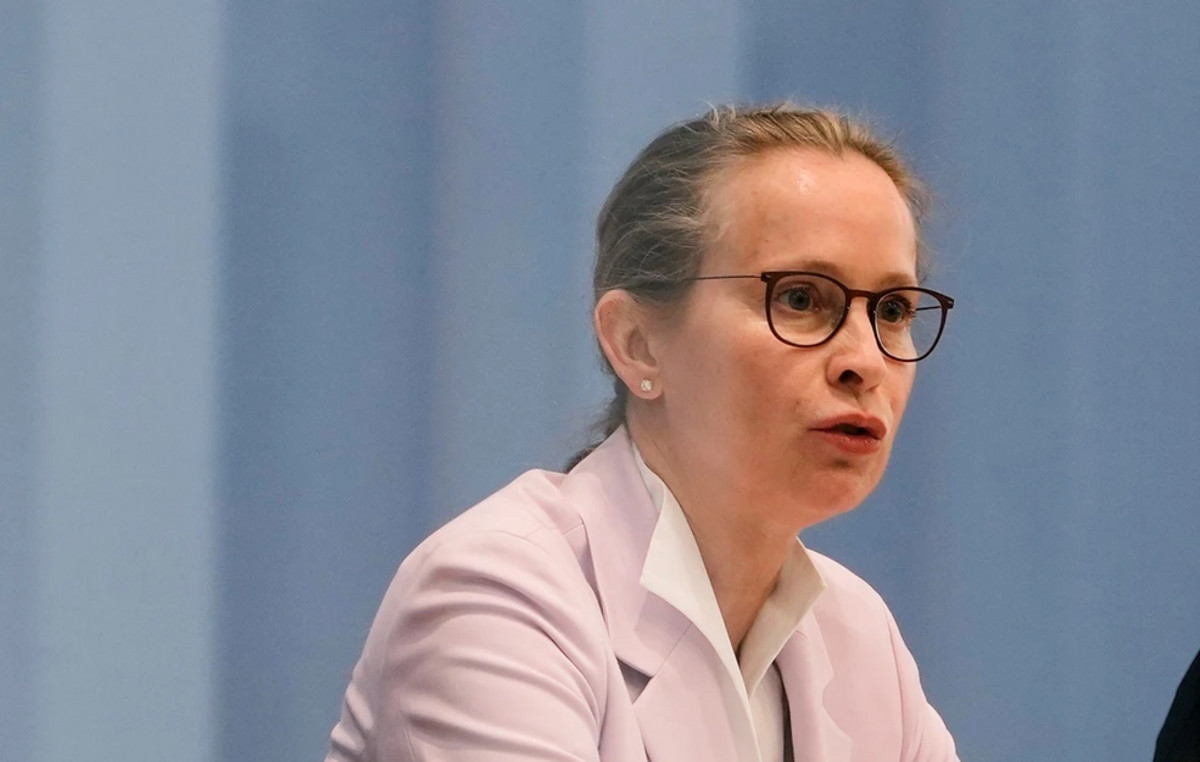Some of Wall Street’s top names think a US recession is now likely, if not inevitable. But they have bigger concerns on their minds.
JPMorgan Chase CEO Jamie Dimon said on Tuesday that he is more concerned about global geopolitics than he is about slowing economic growth in the United States.
“There are a lot of things on the horizon that are bad and could – not necessarily – put the US into recession,” he said on a panel at the Future Investment Initiative conference in Riyadh, Saudi Arabia.
“That’s not the most important thing we think about. We’re going to get through this. I would care a lot more about the geopolitics of the world today,” he told Richard Quest of CNN who moderated the discussion among some of America’s most influential financiers at the event, which is also known as “Davos in the Desert.”
Dimon said he was referring to Russia’s war in Ukraine and strained relations between the United States and China, where leader Xi Jinping has just consolidated his power and ousted officials who have pushed for reform and opening up the world’s second-largest economy.
“Western world relations would make me far more concerned than whether there is a mild or mildly severe recession. [nos Estados Unidos]”, he added.
The breakdown of relationships – and the negative consequences for everything from national security to energy supply and food security – was a persistent theme during the discussion.
Dimon and Blackstone Group CEO Stephen Schwarzman pointed to the effects of the pandemic’s isolation, which they say has affected people’s communication and ability to learn from one another.
“We’ve gotten ourselves into an increasingly de-globalized situation,” Schwarzman said.
Ray Dalio, the billionaire founder of hedge fund Bridgewater, said there is an “existential risk of international war”. What is needed is a “strong political milieu” that is “stronger than the extremes,” he added.
lost leadership
According to Dimon, at the root of many of these problems is a lack of American leadership.
Dimon said he is confident the relationship between the United States and Saudi Arabia will remain strong despite tensions that have escalated after OPEC+’s decision to cut oil production earlier this month.
“Saudi Arabia and the United States have been allies for 75 years. I can’t imagine any allies agreeing on everything and having no problems. They will work this out, and they will remain allies going forward,” he said.
Commenting on the likelihood of a US recession, Dimon said that while US business and consumer spending remains robust for now, Americans are likely to run out of “excess cash” by the middle of next year.
David Solomon, CEO of Goldman Sachs, speaking on the same panel, also believes a US recession is likely.
“There is no doubt that economic conditions are going to tighten significantly from here,” Solomon said, referring to interest rate hikes by the Federal Reserve.
“If you find yourself in a situation where inflation is built in, it’s very difficult to get out of it without an economic downturn,” he added, noting that Europe could already be in recession.
Fix social media but keep innovating
Schwarzman also highlighted rising interest rates and “the relationship problems between countries” as the main challenges facing companies.
To that list, he added social media.
“One of the things we almost don’t know is how difficult it is for governments to function in a social media world,” Schwarzman said. Initiatives to try to “make the world a better place” are hampered by “some minority screaming” people trying to accomplish something for the benefit of the world, he added.
Dimon said social media users should be authenticated in the same way that people require verification to access the banking system, which would help “get rid of bots”.
Social media users should also be given an “options menu” for algorithms that explain how each one works. “They should give you a choice instead of manipulating you,” he added.
When asked what kind of algorithm he would choose, Dimon replied, “I don’t look at any of that crap.”
Despite the downsides of social media or political and economic divisions, panelists were optimistic about the power of innovation to improve the state of the world.
“We can sit here and talk about all the things that are headwinds to growth, but the innovation economy is alive and well,” Solomon said.
Technological progress on a number of fronts – from quantum computing to artificial intelligence and advances in education and healthcare – has been “very, very powerful” and “has the ability to lift us up and move us forward,” he added.
Saudi Arabia’s Future Investment Initiative, which ended on Thursday, began in 2017 under Crown Prince Mohammed bin Salman’s “Vision 2030,” a plan to attract international investment and drive the economy away from oil.
Source: CNN Brasil
Joe Jameson, a technology journalist with over 2 years of experience, writes for top online news websites. Specializing in the field of technology, Joe provides insights into the latest advancements in the industry. Currently, he contributes to covering the world stock market.







